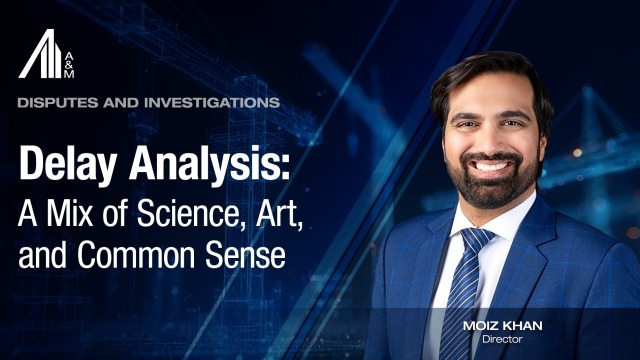Last November, the U.S. Department of Justice (DOJ) announced the formation of a new Procurement Collusion Strike Force (PCSF). The PCSF will focus on “deterring, detecting, investigating and prosecuting antitrust crimes such as bid-rigging conspiracies and related fraudulent schemes, which undermine competition in government procurement, grant and program funding.”
In a new article authored by A&M Managing Director Vincent M. Walden and published by the Association of Certified Fraud Examiners, Vincent explains that most CFEs are already knowledgeable of the various forms of collusion, but it’s helpful for all organizations around the world to evaluate their antifraud programs and risk assessments in line with how the DOJ views collusion — just in case DOJ agents ever come knocking at your door.
Click here for read the full article.
Deepfakes and the Shifting Burden of Scrutiny for Litigators
February 19, 2026
The increasing sophistication of AI has made it easy to manipulate evidence, and taking steps to triage evidence with
procedural diligence and technological support has become the litigator's burden.
Delay Analysis: A Mix of Science, Art, and Common Sense
February 17, 2026
Delay analysis supports the tribunal process by setting out the sequence of events and identifying the causes and extent of the delay. Director Moiz Khan explores how delay analysis, when applied as a mix of science, art and common sense, forms reliable expert evidence.
The Rise of AI Agents: The Next Big Thing in eDiscovery
February 16, 2026
Gary Foster, MD examines the rise of AI agents, the latest evolution of AI. Unlike traditional machine learning or generative AI models that perform single, isolated tasks - AI agents represent a paradigm shift: they can reason, plan, and act autonomously across workflows.
Alvarez & Marsal Bolsters Disputes and Investigations Capabilities in India with Appointment of Tanmay Bhargav as Managing Director
February 13, 2026
Leading global professional services firm Alvarez & Marsal (A&M) India has announced the appointment of Tanmay Bhargav as Managing Director within its Disputes and Investigations practice.

